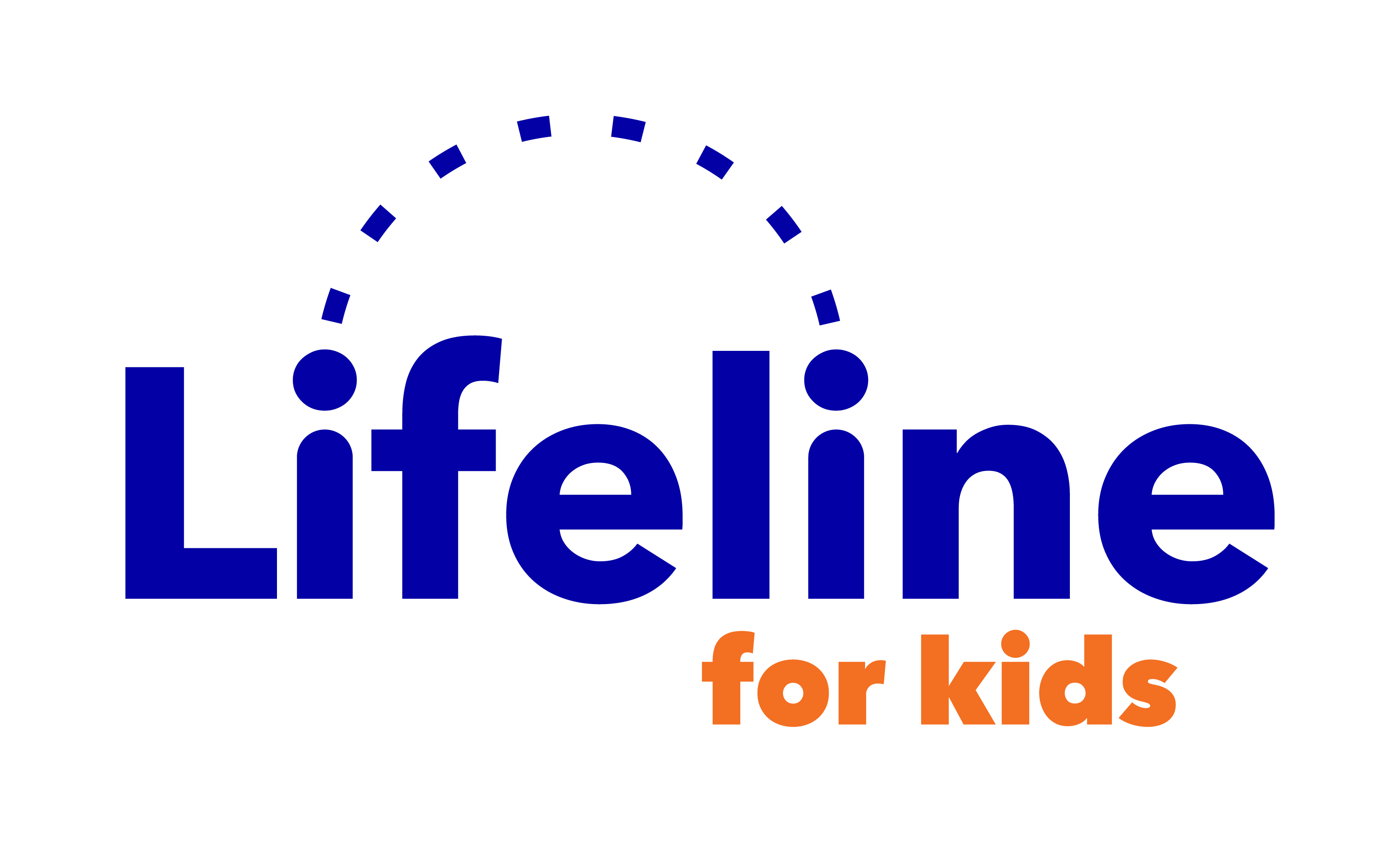Trauma-Informed Care Trainings for Professional and Community Audiences
We offer online and in-person trauma-informed care trainings for professionals working with youth. We invite you to select a topic or customize a course for your needs.
Schedule a Trauma-Informed Care Training
For questions, pricing information or to book a training, email LifelineforKids@umassmed.edu.
Trauma-Informed Care Training Topics for Professionals and Communities
- Introduction to Understanding Trauma
- Core Concepts on Childhood Trauma
- Burnout and Secondary Trauma
- Trauma and Its Impact on Development
- Wired for Connection
- Customizable training based on setting-specific needs assessment
Introduction to Understanding Trauma
Description: This training provides a general overview about the concept of trauma and its impact on development. The training starts with:
- The definition of trauma
- Types of trauma
- Introduces the ACE study, describing the connection between traumatic experiences and mental health and physical consequences.
We also focus on the neurobiology of trauma and how adverse experiences can impact the brain and body of the child. Moreover, we discuss the concept of resiliency and importance of attachment.
Core Concepts on Childhood Trauma
Description: Participants will become knowledgeable about the 12 Core Concepts, a primary objective of the Core Curriculum in Childhood Trauma (CCCT). The CCCT is a case-based, small-group curriculum. The National Child Traumatic Stress Network (NCTSN) designed it to deepen learners’ understanding of childhood trauma from the child’s perspective and strengthen their clinical reasoning and decision-making skills.
Learners apply the Core Concepts of Childhood Trauma on a case vignette to enhance their clinical reasoning skills and analyze the facts. This training stimulates analytical thinking and case conceptualization through a problem-based type of learning.
The NCTSN designed the CCCT to be used with different disciplines at multiple levels of training, including professionals, interns/post-doctoral fellows/residents, and students. These disciplines include:
- Mental health counseling
- Psychiatry
- Psychology
- Social work
The CCCT has been used with clinical and administrative staff and others who provide services to traumatized youth and families in multiple settings, including:
- Community mental health agencies
- Child welfare
- Foster care
- Graduate schools
- Training hospitals
Burnout and Secondary Trauma
Description: Working with traumatized children often necessitates strong empathetic and relational engagement, and in some cases, processing of trauma narratives. Being involved with the care of children who have experienced trauma and their families may take an emotional toll and impact the professional and personal life of child-serving professionals.
The goal of this training is to provide information on burnout and Secondary Traumatic Stress (STS) and address practical strategies to improve the well-being of child-serving professionals. This training provides a general overview of:
- Burnout, STS, and related terms
- Burnout and STS’ impact at an organizational and individual level
- Strategies to identify and manage burnout/STS
The training provides space for:
- Interactive discussions with participants
- Experiential practice of self-care activities
- Case-based learning through discussions of case vignettes
Trauma and Its Impact on Development
Description: In this training, we provide a general overview of the concept of trauma and specific impacted domains of development. The training illustrates several areas of development, with specific examples on how trauma affects:
- Attachment
- Behavioral control
- Biology
- Cognitions
- Dissociation
- Emotional regulation
- Sense of self
We use examples and case vignettes to describe how trauma looks developmentally. We also provide strategies to deal with trauma reactions.
Wired for Connection—Loneliness and Trauma
Description: This training illustrates:
- The concept of social isolation
- Its dimensions
- Who suffer the most from social isolation, with special emphasis on children
The training describes the consequences of loneliness/social isolation in terms of:
- Social relationships
- Unhelpful coping strategies (smoking, physical inactivity, etc.)
- Well-being
The second part of the training describes strategies to address loneliness and trauma in children, including:
- Providing psychological safety
- Mentalizing
- Establishing safe and predictable relationships
We also introduce ideas on how professionals can take care of themselves to better help the children they work with.
